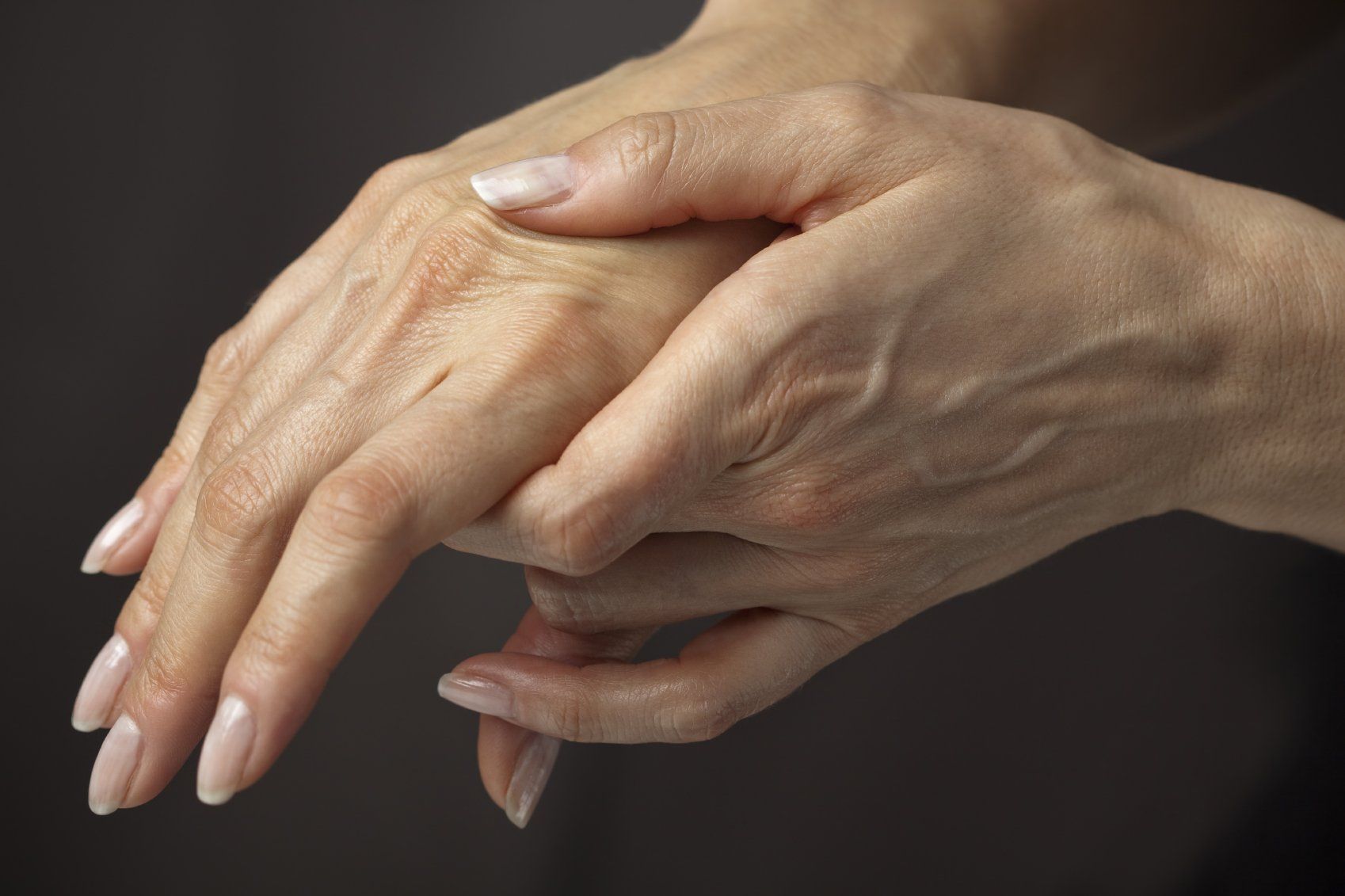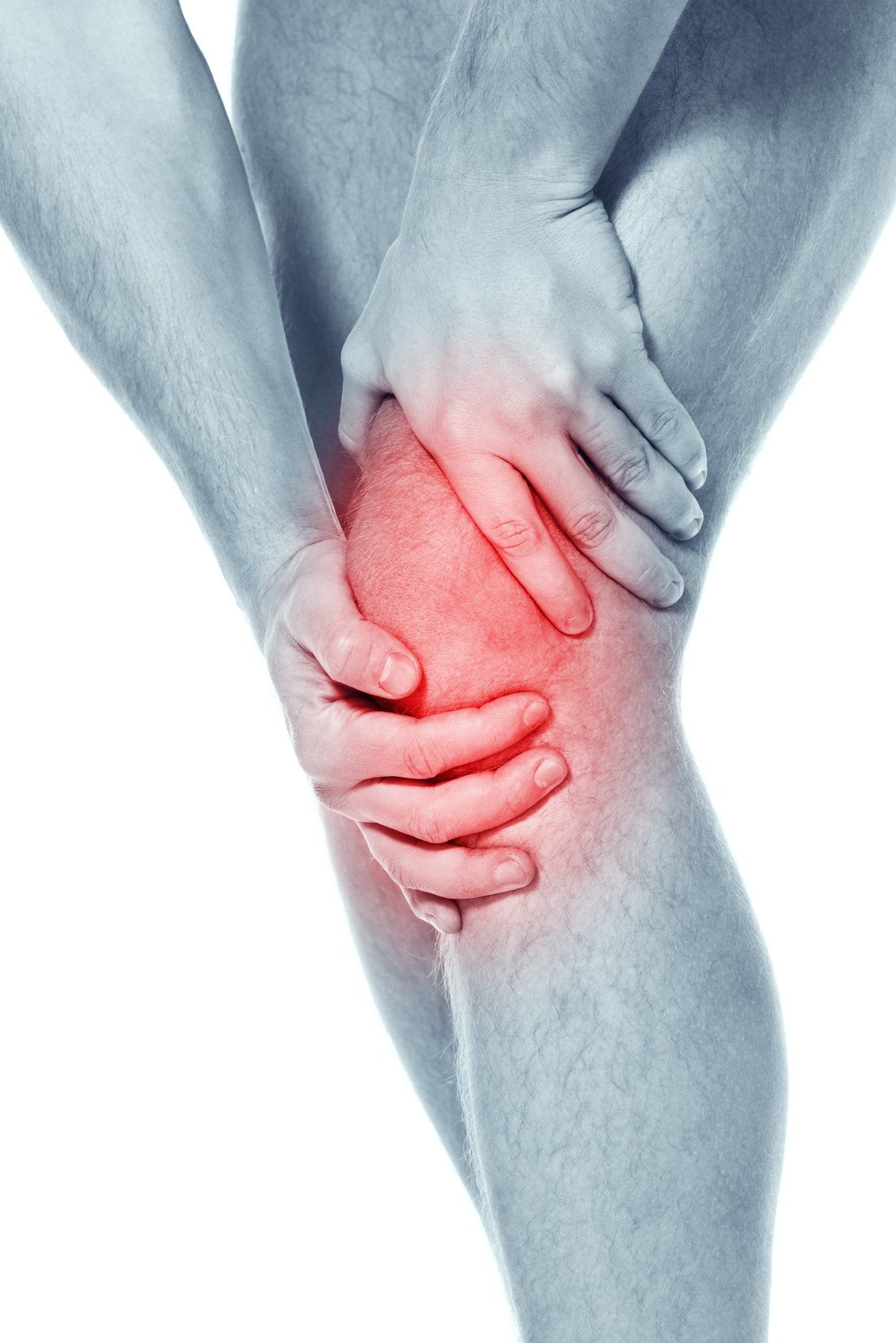Dietary Patterns and Progression of Knee Osteoarthritis: Data from the Osteoarthritis Initiative
Let us review an interesting study from the Harvard medical system published in the American Journal of Clinical Nutrition and also Osteoarthritis and Cartilage Journal by Xu et all dealing with the potential impacts of dietary intake patterns and progression of Knee osteoarthritis.
There is an age old saying - "You are what you eat" and there has been past data on certain foods/nutrients linked with outcome effects on knee arthritis such as (click the links below for reference articles):
- Soft drink consumption (potential increased risk of OA progression)
- Milk consumption (potential decreased risk of OA progression particularly in women)
- Dietary fat intake (potential increased risk of OA progression)
- Strawberries (potential decreased risk of OA progression particularly in obese adults)
- Fiber intake (potential decreased risk of OA progression)
We also know of many herbs that have varying arthritis control data (some very convincing) and our own Organic Arthritis Herbal Supplement is composed of strong data driven herbs for arthropathy control. There have been past study links between a general Mediterranean diet having a relative lower risk of and improved overall symptom control of knee OA. This study focuses more on overall diet classes and effects on osteoarthritis. This study compares two diet classes based on the Scree test via individual diet questionnaires:
- Western Diet - composed of high intakes of red and/or processed meats, refined grains, and french fries
- Prudent Diet - composed of high intakes of vegetables, fruit, fish, whole grains, and legumes
Researchers utilized the Osteoarthritis Initiative (OAI) - launched by the NIH in 2004 that includes 4796 individuals aged 45-79 all with established symptomatic knee osteoarthritis or significant risk factors for developing knee OA. Clinical testing centers were located in Maryland, Ohio, Pennsylvania, and Rhode Island. Of this population - 2757 participants were selected with existing knee osteoarthritis (mean age 62 y). Below is an study graphic highlighting the selection/inclusion process.
These individuals then had their diet evaluated at baseline and also via regular questionnaires for up to 72 months. They were then categorized as having Prudent or Western dietary patterns on a scale/score base.
These individuals' overall arthritis progression was then assessed using 2 seperate radiographic measures:
- Kellgren–Lawrence (KL) grade increase
Also individuals were assessed for symptomatic progression of their knee osteoarthritis via Western Ontario and McMaster Universities Arthritis Index (WOMAC) scoring.
The results noted a clear difference in outcomes based on dietary pattern. Individuals with higher Western diet patterns had risk for worsened KL grades (compared with quartile 1, HR for quartile 4: 1.30; 95% CI: 1.05, 1.61; P-trend < 0.01). Also individuals with higher Western diet pattern scores also had increased odds of having progressively higher WOMAC symptomatic progression scores (compared with quartile 1, OR for quartile 4: 1.39; 95% CI: 1.18, 1.63; P-trend < 0.01). There was no significant change in joint space width imaging loss even as Western Diet pattern scores rose.
Increasing Prudent dietary pattern scores were associated with decreased KL-worsening risk (compared with quartile 1, HR for quartile 4: 0.79; 95% CI: 0.64, 0.98; P-trend = 0.02). Individuals with higher Prudent pattern scores also had decreased odds of higher WOMAC progression (compared with quartile 1, OR for quartile 4 0.73; 95% CI: 0.62, 0.86; P-trend < 0.01). Rising Prudent diet pattern scores were also associated with decreased joint space width imaging loss (quartile 1: 0.46 mm; quartile 4: 0.38 mm; Ptrend < 0.01).
So very interesting data here - following a more Western dietary pattern composed of high intakes of red and/or processed meats, refined grains, and french fries was strongly associated with increased radiographic (via KL but not JSW scoring) and symptomatic knee osteoarthritis progression. On the other hand - following a more Prudent dietary pattern composed of high intakes of vegetables, fruit, fish, whole grains, and legumes was associated with both reduced knee osteoarthritis radiographic progression (both via KL and JSW scoring) and symptomatic progression (via WOMAC scoring).
So as always - stay healthy (healthy diet also!), safe, and active everyone!













